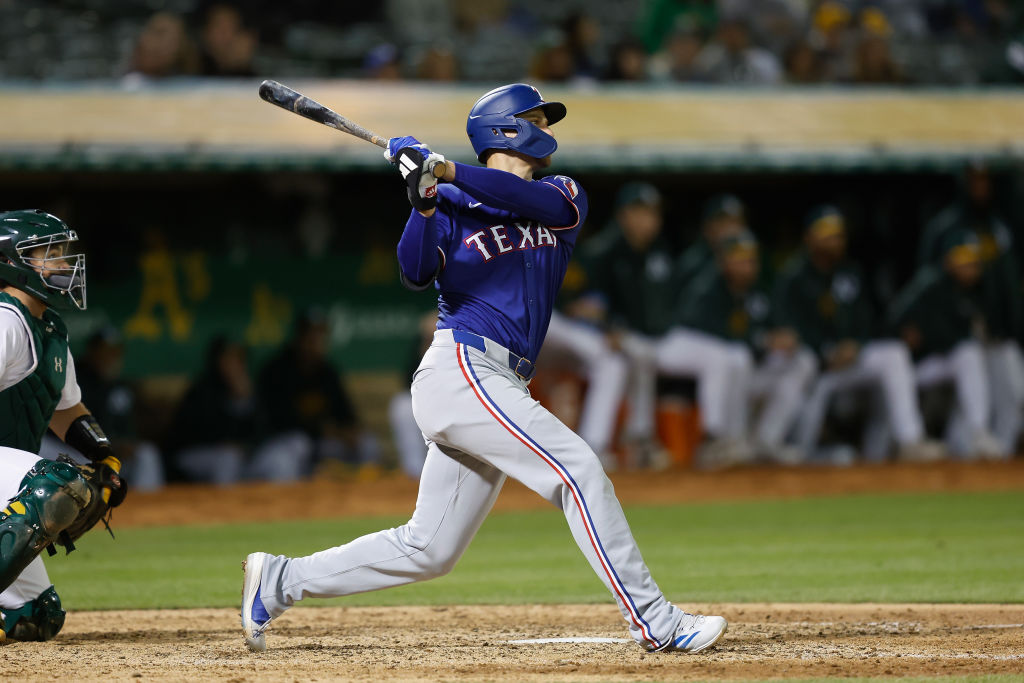Japan's Mao Asada beat American Ashley Wagner on Sunday at Skate America.
Asada, the leader going into the free skate, won despite a fall on her triple axel and a two-footed landing on her triple lutz. She scored 204.55 points, thanks to her elevated technical difficulty. Wagner, the 2012 Skate America champion, finished with 193.81.
Russia's Elena Radionova, only 14, finished third at 183.95 in her first ISU Grand Prix event.
In pairs, Tatiana Volosozhar and Maxim Trankov of Russia set a world record in their successful defense of their Skate America title, finishing with 237.71 points.
Asada, the 2010 Olympic silver medalist, fell on her opening triple axel and downgraded a jump during her free skate to Rachmaninov's piano concerto No. 2.
She scored 131.37 for the performance, while Wagner skated cleanly but received 125.55.
"I am not completely satisfied with my performance today," Asada said, through a translator. "This was a learning experience."
Sports
Asada scored higher than Wagner in each of the five program component elements, more than overcoming a one-point deduction for falling.
Asada and Wagner hope their seasons will culminate with a trip to the 2014 Sochi Olympics.
"I feel like the competition to Sochi has already started," Asada said, about skating against Wagner in Detroit.
Wagner, the two-time defending U.S. champion, skated her free program without a fall. But Asada had more difficulty, stronger spins and footwork.
"(Sunday) was really huge accomplishment, doing triple-triple, back-to-back clean programs," Wagner said. "This is the exact way I wanted to start the season. There is room to grow with the program; it's something that's not my natural type of skating. I'm very happy with what I did."
Wagner has been working on upping her jump combination difficulty. Her improvements, developed over the summer, have led to the triple flip-triple loop being part of her programs.
The best in the sport, including 2010 Olympic champion Kim Yu-na, Asada, and 2012 world champion Carolina Kostner, perform multiple triple combinations. Asada upped the ante, as she was only woman attempting a triple axel at Skate America.
Wagner admitted executing the triple-triple, which she did successfully in both programs, was stressful. She came to Skate America with the goal of going for her triple combinations.
"I never want to eat my words," Wagner said. ". I sleep better at night knowing I did what I said I would do. To say my main goal was to get the triple-triple, and then get two triple-triples in the programs, it's a good feeling."
Bronze medalist Radionova, the youngest competitor at Skate America, provided a glimpse into the future. This was her first ISU Grand Prix competition, and she seemed unfazed by her older and more experienced competitors. Radionova delivered a sassy, but error-filled skate, falling on her opening jump and stepping out of her double axel.
Volosozhar and Trankov, the reigning world champions, easily won the free skate with powerful lifts and near-perfect spin synchronization.
Canada's Kirsten Moore-Towers and Dylan Moscovitch were second at 208.45, followed by Russia's Knesia Stobova and Fedor Klimov at 187.35.
Volosozhar and Trankov's free skate, to "Jesus Christ Superstar" by Andrew Lloyd Webber, was both stylistically and technically the hardest pairs program at Skate America. Their jumps, in terms of entry speed, distance and landings, far eclipsed the field.
Their unison elements, such as triple salchows and combination spins, were cleanly executed and precisely timed.
Trankov said the program is special to him, as he has been a fan of Lloyd Webber's rock opera since he was a child.
"Around the world, there are not easy situations like wars and crisis, we want to show only love and peace," Trankov said. "We skate from the heart. It is our passion for season and the Olympics."
The Canadians were also pleased with their Skate America performance, seeing it as a building block to develop their Olympic season. Moore-Towers and Moscovitch had some slight errors, such as his step-out on their side-by-side triple salchows.
The free skate, to a "Fellini Medley" by Nino Rota, was not their original concept when they started preparing for the year. They didn't feel a strong connection to the first program, and switched to the Fellini selection for a better spirit.
The pair said the Skate America scores for the program validated their decision.
"Both feel that this is the program that will take us where we want to go," Moscovitch said.
Stobova and Klimov brought some personality and quirkiness to their free skate, evoking their "Addams Family" piece by Marc Shaiman. They had unusual, and difficult, entrances such as a cartwheel by Stobova into Klimov's arms for a lift.
Skate Canada is next week in St. John, New Brunswick.



